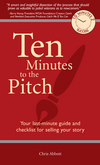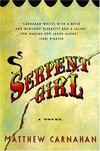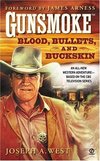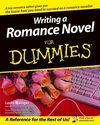My 9-year-old daughter Maddie ought to start writing her memoirs…because if she waits much longer, she’ll be too old and have too much life experience.
Molly Jong-Fast, 26, has just released her memoirs. It’s about time. She’s the daughter of FEAR OF FLYING author Erica Jong and granddaughter of novelist Howard Fast (I don’t get why her name Jong-Fast if Howard is her grand-father rather than Fast-Jong, maybe there’s a chapter on that). Her book is called THE SEX DOCTORS IN THE BASEMENT: TRUE STORIES OF A SEMI-CELEBRITY CHILDHOOD. If it was a full celebrity childhood, we would have seen her memoirs in print ten years ago. The Associated Press reports that:
It’s a tale of growing up amid New York’s wealthy and famous, a tale of nannies, secretaries, potential stepdads and eccentric relatives — including Jong-Fast’s grandfather, novelist Howard Fast, a one-time Communist with a 1,100-page FBI file. In fact, she decided to share her stories with the world not long after 83-year-old Fast married his much younger secretary.
“I thought … this is the time to write about these
people because they are so nuts,” said the young author, dressed in jeans, a black shirt and fuzzy light blue slippers, her long, wavy blond hair hanging loose. Jong-Fast’s tone is irreverent, and she doesn’t shy away from such things as her grandfather’s obsession with his reviews in The New York Times or how her
grandmother’s stomach “looked like a tushy placed slightly higher up on the
wrong side of her body.”
I’m kicking myself. I should have started my memoirs when I was sixteen… when my newly-divorced Mom was named by San Francisco Chronicle as one of the ten sexiest women in the Bay Area and started dating a priest. I could be on volume four of my memoirs by now…
Erica Jong, 63, is not about to be outdone by her daughter. Her memoirs will be out this fall.









